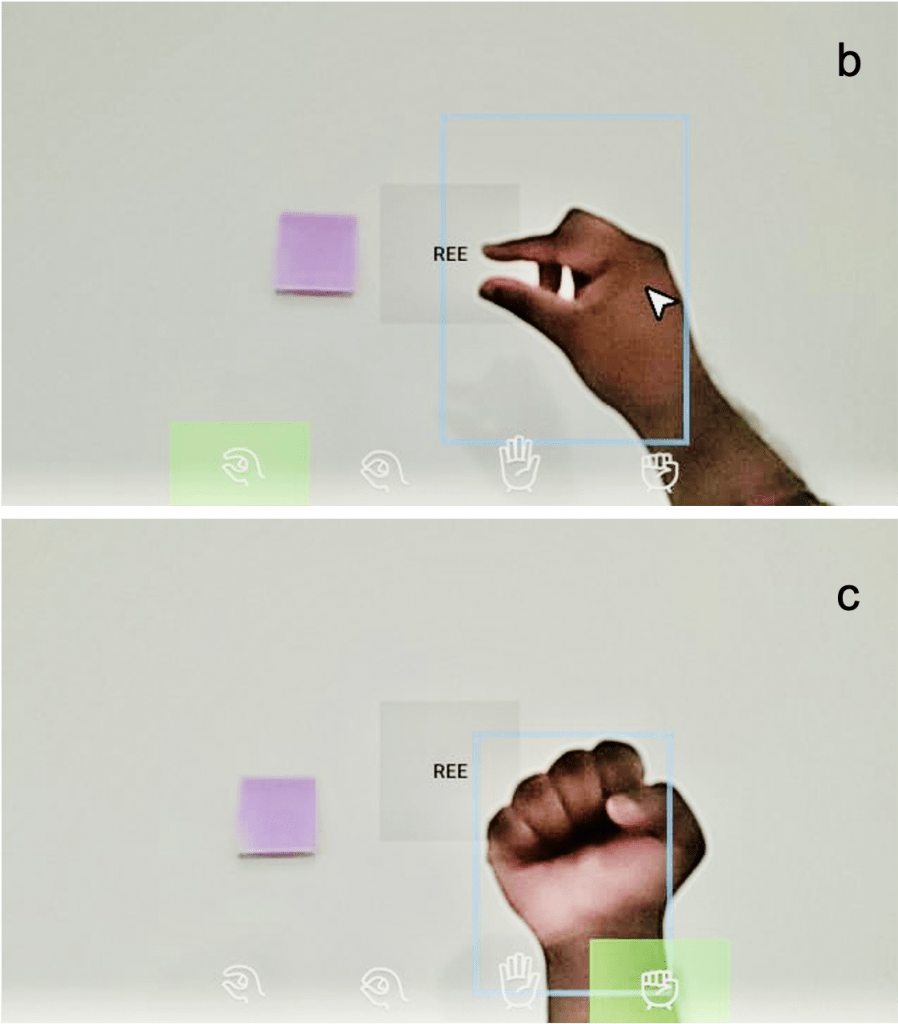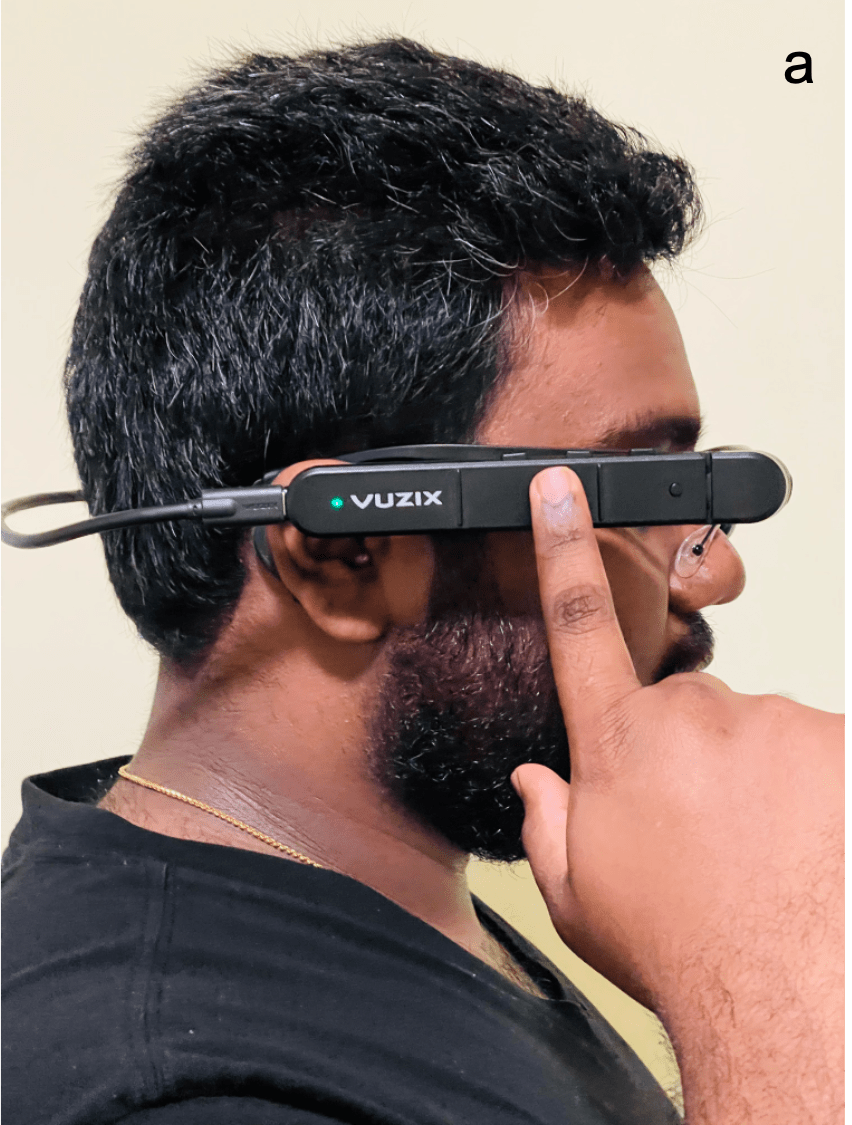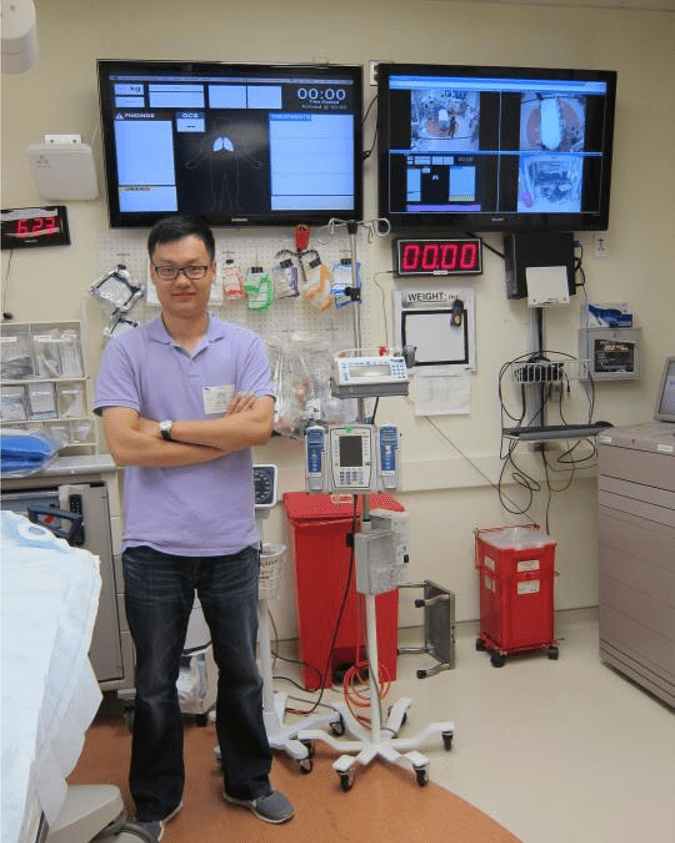Dr Zhan Zhang, a member of faculty at the Seidenberg School of Computer Science and Information Systems at Pace University, recently made Pace history by earning grants from both the National Institutes of Health (NIH) and the National Science Foundation (NSF).
In his ongoing NSF project, Zhan focused on enabling hands-free data collection and documentation in the field by emergency medical services (EMS) providers with an easy-to-use smart glass application.
The new NIH project investigates care coordination and communication between distributed medical teams – the EMS team in the field and emergency department (ED) teams at the receiving hospital. “The research team will explore how to leverage smart glasses and advanced system interaction mechanisms (e.g., augmented reality and hands gesture recognition) to better facilitate remote patient care guidance,” Zhan said. The scale of the new project is much larger. There are two study sites – New York and Colorado – and both EMS and ED professionals will be involved.
The study will involve the implementation of specially designed glasses that enable EMS professionals to communicate with ED physicians instantaneously. The glasses, infused with internet of things (IoT) technology, use hand gestures and voice control to transmit information efficiently.

“There are two aims of this study,” said Zhan. “In the first year, we will conduct iterative system design and evaluation with both paramedics and ED physicians, using participatory design, rapid prototyping, and usability testing. Then we are going to test the effectiveness of our system using simulated medical events. Paramedics and ED physicians will be invited to use our system to perform patient care.”
Zhan, who joined Seidenberg’s Information Technology department in 2017, specializes in healthcare technology – particularly how computers and technology can be used in helping healthcare professionals communicate and collaborate more efficiently. “My long-term goal is to digitize emergency care with novel technologies to improve patient outcome,” he said.
“This grant is extremely important to me because I have done a lot of preliminary work in this particular problem space since my PhD, and finally, with its support, I am able to use the knowledge I gained over the past few years to build a large-scale novel system that has a great potential to transform current old-fashioned method of pre-hospital communication and care coordination.”
Jonathan Hill, the Dean of the Seidenberg School of Computer Science and Information Systems at Pace University, gave his support to the project. He said: “Dr. Zhang is an extremely talented and hard-working individual. He is passionate and popular with students, and a very busy person. When he’s not winning grants for truly exciting healthcare IT research, he’s heading up the new master’s in Human-Centered Design. I am excited to see how his career continues to unfold and trust that he will do great things for the healthcare industry and beyond.”
Furthering the achievement, Zhan is the first Seidenberg faculty member to receive an award from NIH, a nod to the increasing volume of interdisciplinary research taking place at Pace’s technology school.
Follow us on social media for updates!








